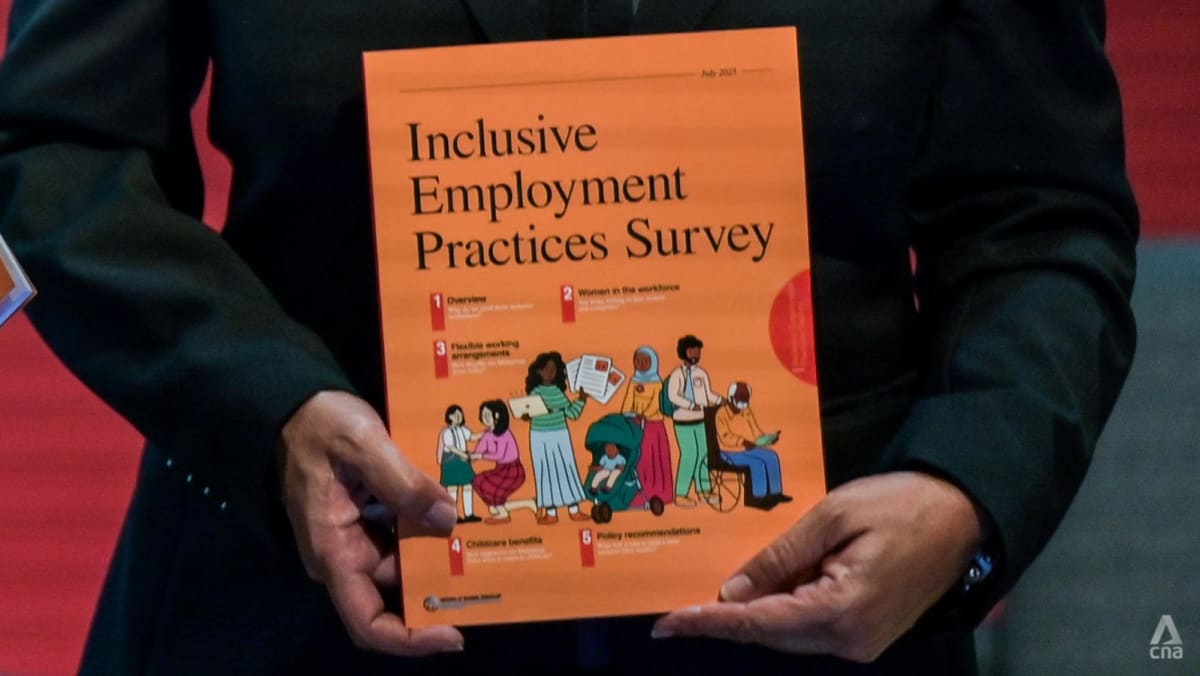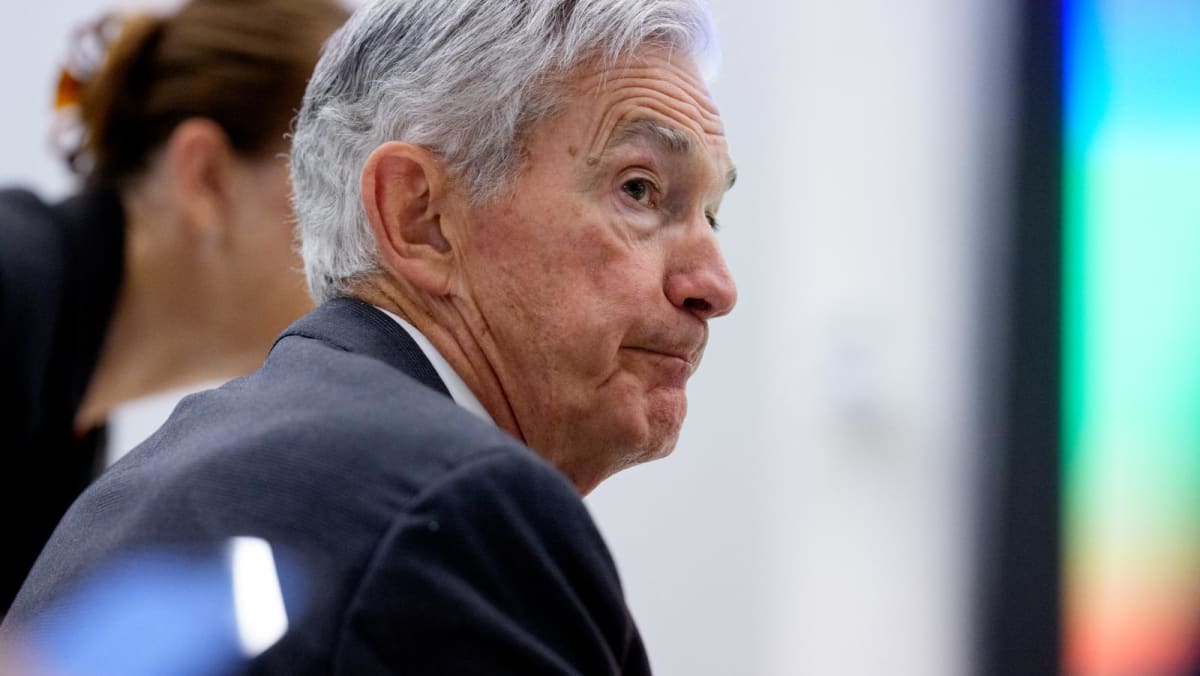If wealthy countries stop funding development, “this will ultimately impact economies, societies, and yes, I think it will also register maybe a year or two down the line in the Human Development Index, lower life expectancy, declining incomes, more conflicts,” Steiner said.
UNDP experts are not yet certain of the underlying causes of the slowdown observed in 2024.
But they have identified one of the driving forces as a slackening of progress in life expectancy, perhaps linked to the side-effects of COVID-19, or to the wars that are multiplying around the world.
There is a potential glimmer of hope: artificial intelligence could create the conditions for kickstarting development, the UNDP suggested.
AI “is perhaps the greatest potential pivot in putting development of individual economies, but also of maybe poor people, wealthy people, on a different trajectory. It will change virtually every aspect of our lives”, Steiner said.
The report stressed that it would come down to how people use the technology, however.
There are risks. Access to AI in poorer countries is not the same as in wealthier ones, and cultural biases could influence the way the tools are developed, it said.
But “we can design for reducing that risk”, said Steiner, adding that it should not be an impediment to using AI for medical research, for example.
“The future is in our hands,” the UNDP report said.
“Technology is about people, not just things. Beneath the razzle-dazzle of invention lurk important choices, by the few or the many, whose consequences will reverberate across generations.”














